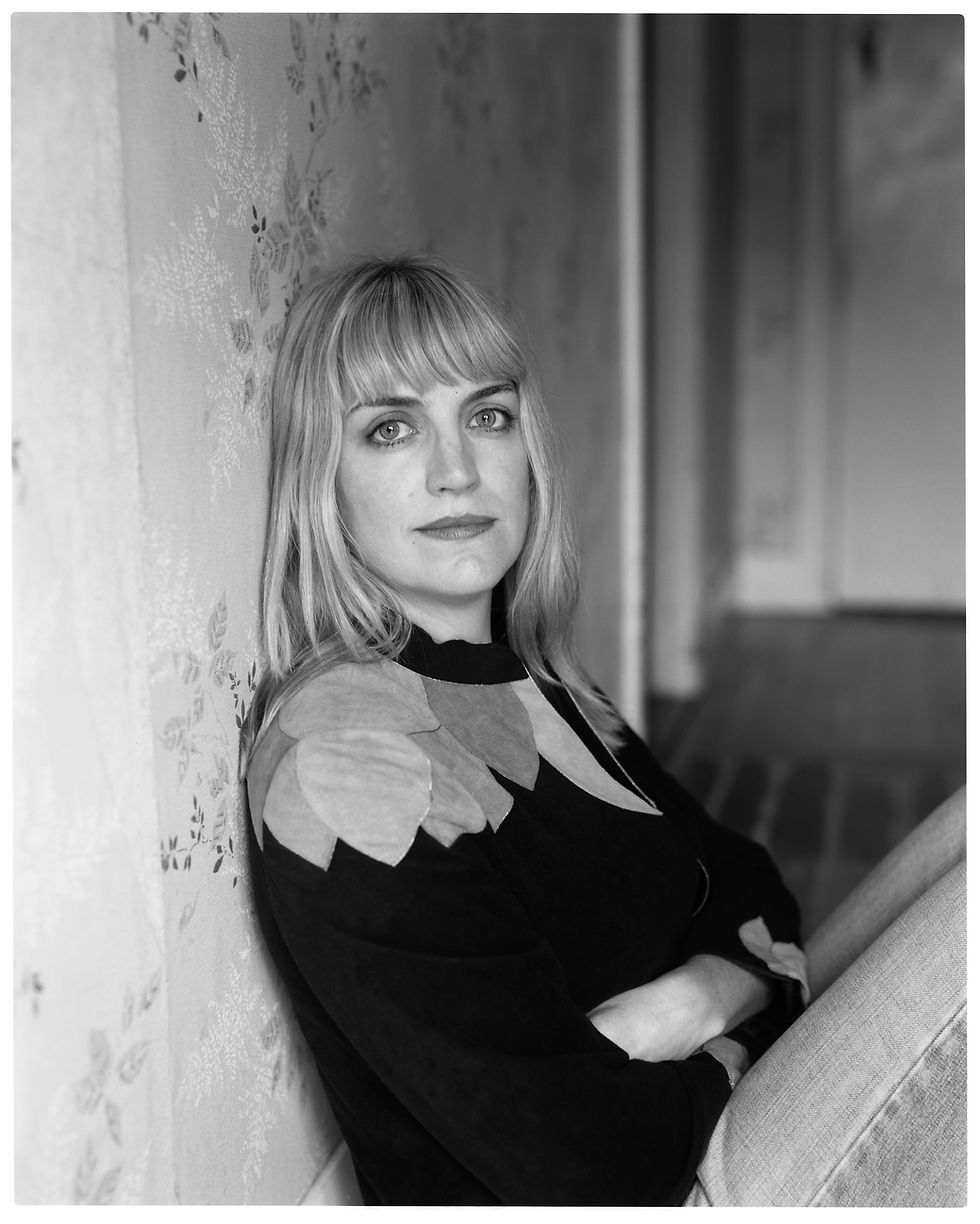ST VINCENT DADDY’S HOME: REVIEW
- May 18, 2021
- 4 min read

ST VINCENT
Daddy’s Home (Loma Vista/Virgin)
If you remember the ‘70s you probably were there. And still can’t quite shake some of it.
In retrospect it was a world with a layer of doubt as well as a layer of dirt, and wiping away either or both took more than most of us could manage after the confluence of oil shock and political bastardy, sclerotic civil services and the nascent cult of the individual, indulgent sonic journeys and dampened alternatives.
There was a feeling of lowered expectations and horizons, whether it was because you came out of the loved-up previous decade thinking you might change the world only to realise it was ignoring you, or, for those of us younger than that, slowly recognising that the rules and the tools were not intended for your hands. Ever.
On top of that was a sense of social and political sleaziness as personal freedoms were exploited in and outside the home, rather than celebrated; humour, respect and awareness of others hadn’t emerged from the cigarette smoke-filled rooms and dressing sheds; and the bill was coming in for decades of reckless wreckage of air, sea and land.
Apart from that though …
Even if Annie Clark, aka St Vincent, hadn’t been loud and clear about the spiritual and physical foundations for her album being set in that pock-marked decade, listening to Daddy’s Home would leave you in no doubt.
The points of connection are as smack-you-in-the-face clear as a vividly patterned bodyshirt: synths sound primitive and boldly attempting to assert themselves, and electric pianos bring rising warmth; tempos are more Mandrax than Molly, with even the danceable moments inviting arms more than legs moving; and the production has a masterfully done, disconcerting balance of sheen and brittleness that still trades on a human scale rather than the pristine chill coming in the ‘80s.
The (mostly) ‘70s references are thick and illuminating, sometimes distracting too in their bright flashing “look here’s a reference” signage, though breaking them all down might require something like the excavation work done on Beastie Boys’ Paul’s Boutique, which itself set up camp in a ‘70s record barn’s backroom and dug itself in.
These connections are musical, lyrical, topical and attitudinal, and just a quick, random grab from across the album throws up names like John Cassavetes, Mellotrons, Nona Hendryx and microwaves, Lou Reed, corruption, West Coast ennui and Emmylou Harris, chicken dinners, Joni Mitchell, Pink Floyd and skateboarding, downtown New York, Gilbert O’Sullivan, synthetics and David Bowie.
And, yes, Sheena Easton’s Morning Train (that’s the working 9 to 5 song that doesn’t involve Dolly Parton). Though in keeping with that Mandrax mode, this train – in the song My Baby Wants A Baby - is crawling through the stations with a morning-after sluggishness, not a day-ahead spring.
This song comes with winding guitar and low bandwith backing vocals that build to a kind of euphoria, while the electric piano anchors everything with a sense of insularity that matches that exact tone in the vocals. It’s a combination/contradiction in keeping with a narrative set in a brown-and-orange living room dispute over growth vs satisfaction. Or, selfishness meeting the moment … and not ceding ground.
“My baby wants a baby/How can it be wrong, wrong?/But I wanna play guitar all day/Make all my meals in microwaves/Only dress up if I get paid/How can it be wrong, wrong?”
Which neatly brings us to a broader question with Daddy’s Home, something perhaps which should not be a surprising move from an artist who has never “let slip” anything, nor ceded control of image, tone, story or truth.
Though the ostensible theme of the record, or at the least the one that was strongly suggested in the lead-up to the album, is the story of her father (who did time for large-scale corporate crimes) and the circumstances for her family during and after this incarceration, this was something of a head fake.
That issue is directly addressed once, in the title track, and maybe very obliquely once or twice more, but Clark is even less personal and personally revelatory here than in this album’s predecessor, the computer age dance space of 2017's Masseduction .
The clearer themes of the sixth St Vincent album are like another way to look at the 1970s: what happens when the world seems to be telling you that it’s time to grow up, stop dreaming, and deal with shit. That’s what confronts over and over again the characters who find themselves having to make calls that feel small but will question their assumptions and maybe reset their morals, if not their lives.
An extension of this concept is that Daddy’s Home, musically as much as lyrically, works less like one story than a series of vignettes, less like an album than a stage musical. It’s clever and driven but kept at one remove, warmer than Masseduction but not as cohesive, brittle and tonally muted but brassy in its boldness – or maybe offhandedness.
It’s the 1970s in word and deed.








Comments